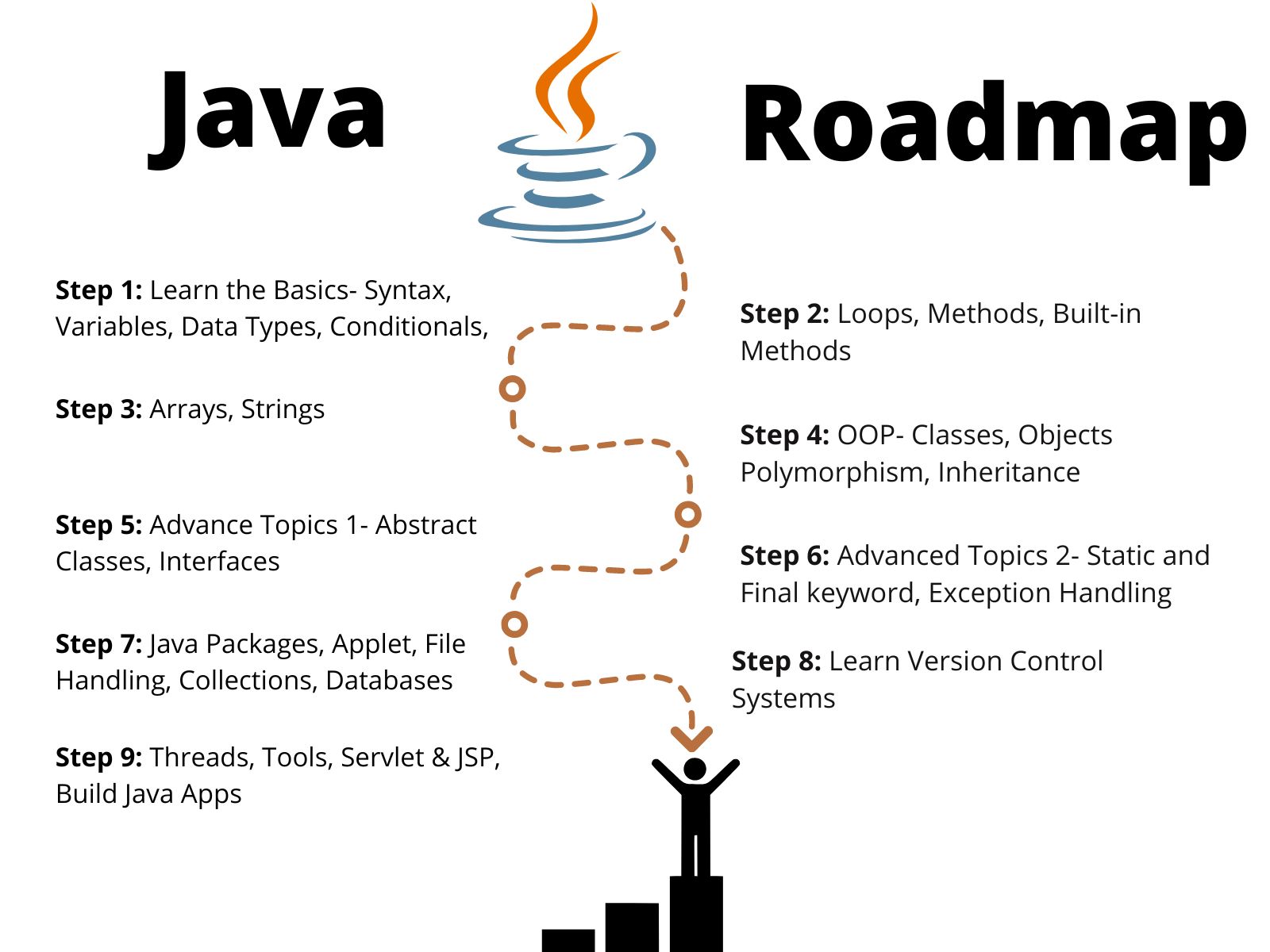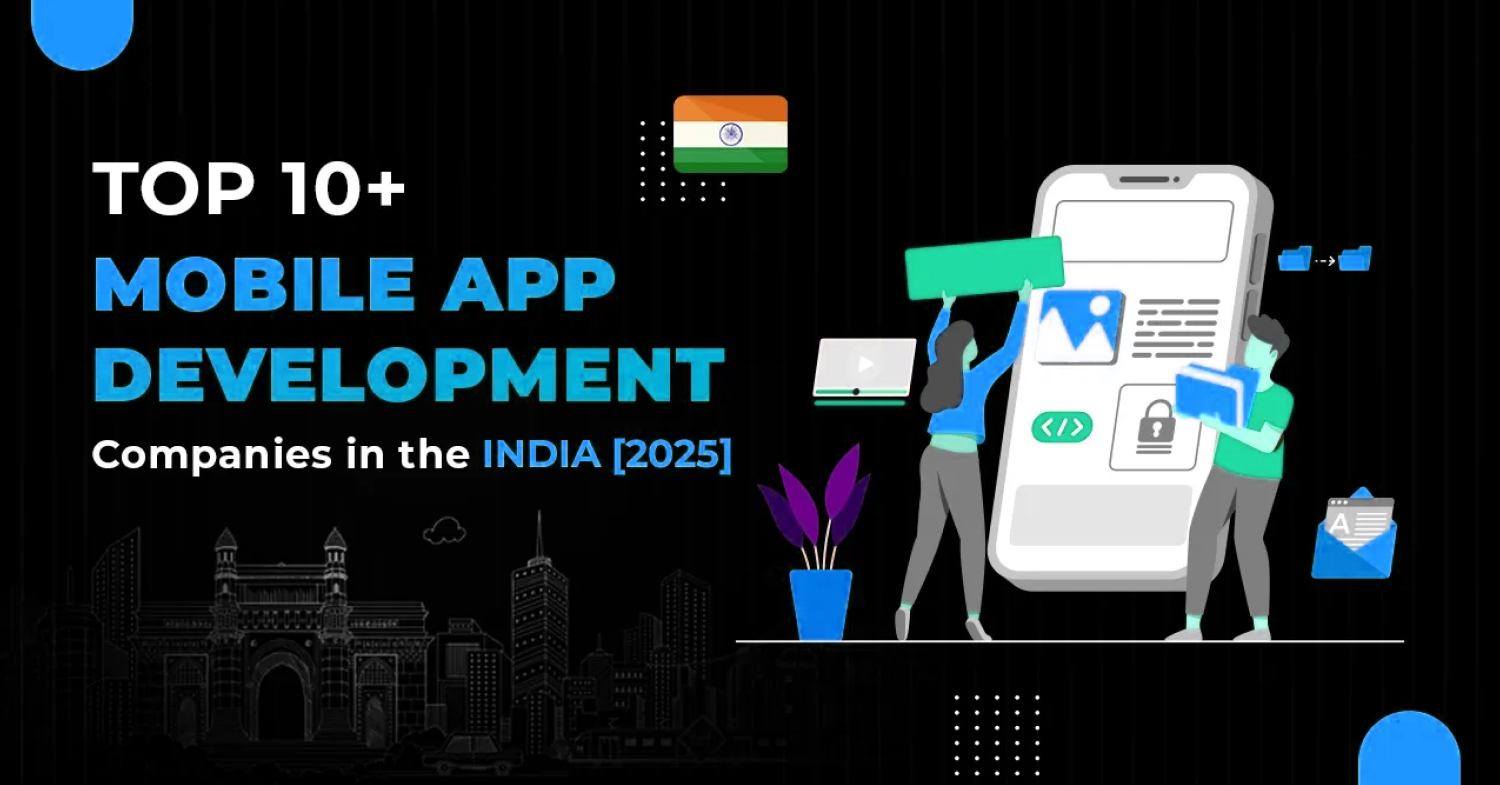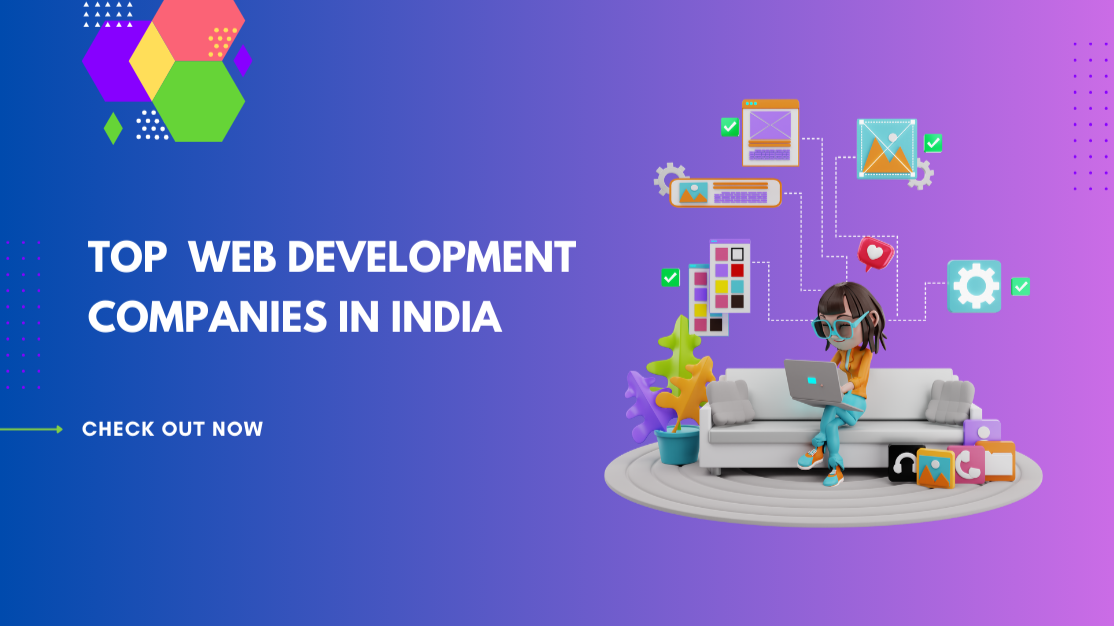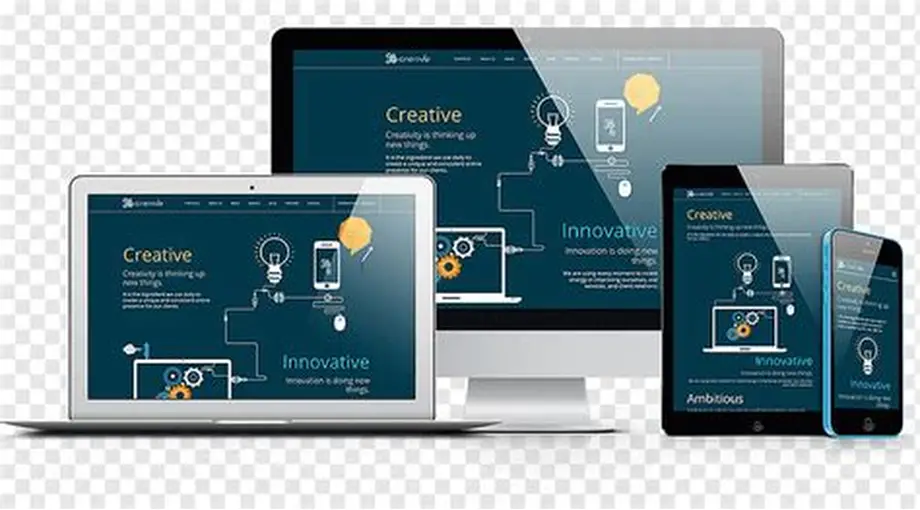
Introduction:
Embarking on the path of becoming a Java Full Stack Developer can be both exciting and overwhelming.
With Java being a versatile and widely-used programming language, coupled with the demand for full
stack developers who can work on both front-end and back-end technologies, the journey ahead holds
immense potential. This roadmap aims to provide you with a clear and structured guide to navigate
through the various skills, tools, and technologies essential for mastering Java full stack development.
1. **Understanding the Basics**:
- Begin your journey by mastering the fundamentals of Java programming language. Familiarize
yourself with concepts such as data types, control structures, object-oriented programming, and
exception handling.
- Explore Java's standard libraries and frameworks like Java Collections Framework (JCF), JDBC (Java
Database Connectivity), and Java Servlets.
2. **Front-End Technologies**:
- Dive into front-end development by learning HTML, CSS, and JavaScript. Understand how to create
responsive and interactive user interfaces.
- Explore modern front-end frameworks such as Angular, React, or Vue.js. These frameworks will
enhance your ability to build dynamic and scalable web applications.
3. **Back-End Technologies**:
- Master server-side development using Java frameworks like Spring and Hibernate. Learn how to build
robust and scalable back-end systems.
- Gain proficiency in RESTful API development and integration. Understand concepts like API design,
authentication, and data validation.
4. **Databases and Data Management**:
- Acquire knowledge of database management systems (DBMS) such as MySQL, PostgreSQL, or
MongoDB. Learn SQL for managing and querying relational databases.
- Explore concepts like database design, normalization, indexing, and transactions.
5. **Full Stack Integration**:
- Bring together your front-end and back-end skills to develop full stack applications. Learn how to
architect and deploy end-to-end solutions.
- Explore tools and techniques for seamless integration between front-end and back-end components.
Practice building applications that communicate effectively between client and server.
6. **Version Control and Collaboration**:
- Familiarize yourself with version control systems like Git. Learn how to manage code repositories,
collaborate with teams, and track changes effectively.
- Gain experience working with collaborative development platforms like GitHub or GitLab. Contribute to
open-source projects to enhance your skills and visibility in the developer community.
7. **Testing and Debugging**:
- Learn the principles of software testing and debugging. Explore techniques for writing unit tests,
integration tests, and end-to-end tests.
- Acquaint yourself with testing frameworks and tools such as JUnit, Mockito, Selenium, and Postman.
Understand the importance of test-driven development (TDD) in ensuring the quality and reliability of your
code.
8. **Continuous Integration and Deployment (CI/CD)**:
- Explore the concepts of CI/CD pipelines for automating the build, testing, and deployment processes.
Learn how to use tools like Jenkins, Travis CI, or CircleCI.
- Understand the benefits of continuous integration and deployment in accelerating the development
lifecycle, improving code quality, and ensuring smooth deployment of applications.
9. **Cloud Technologies**:
- Gain proficiency in cloud computing platforms such as AWS, Azure, or Google Cloud Platform (GCP).
Learn how to deploy and scale applications in the cloud.
- Explore cloud services like AWS Lambda, Amazon RDS, or Azure App Service for building and
deploying cloud-native applications.
10. **Continuous Learning and Growth**:
- Stay updated with the latest trends and advancements in Java development and full stack
technologies. Follow industry blogs, attend conferences, and participate in online communities.
- Continuously refine your skills by working on personal projects, participating in hackathons, and
seeking feedback from peers and mentors. Embrace lifelong learning as technology evolves.
Conclusion:
Embarking on the journey to become a Java Full Stack Developer requires dedication, perseverance, and
a commitment to continuous learning. By following this roadmap and mastering the essential skills, tools,
and technologies outlined above, you'll be well-equipped to tackle the challenges of modern web
development and build innovative solutions that make a difference. Stay curious, stay focused, and enjoy
the journey ahead..
 Top 10 Mobile App Development Companies in Delhi | Best App Developers 2025
Top 10 Mobile App Development Companies in Delhi | Best App Developers 2025
 Top 10 Web Development Companies in Delhi | Best Website Developers 2025
Top 10 Web Development Companies in Delhi | Best Website Developers 2025
 Web Development Company in Delhi NCR | Oprezo India – Custom, Responsive & E-commerce Solutions
Web Development Company in Delhi NCR | Oprezo India – Custom, Responsive & E-commerce Solutions
 Backend Development Company in India | Oprezo India – PHP, Node.js, Python, Django & .NET Experts
Backend Development Company in India | Oprezo India – PHP, Node.js, Python, Django & .NET Experts
 Hybrid App Development Company in Delhi NCR | Oprezo India – Cross-Platform Experts
Hybrid App Development Company in Delhi NCR | Oprezo India – Cross-Platform Experts